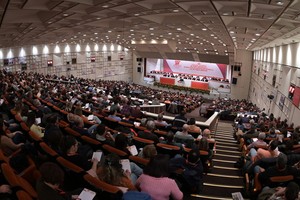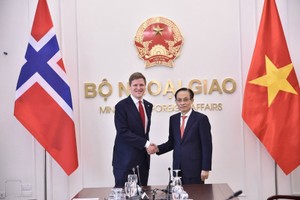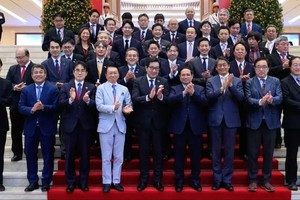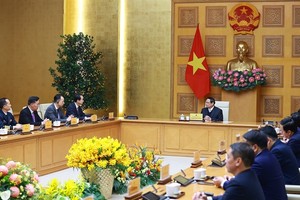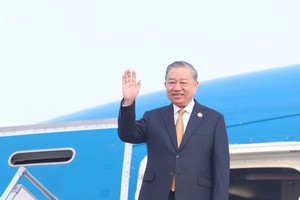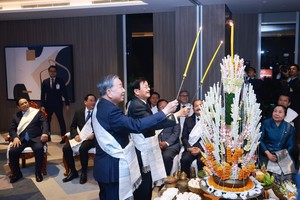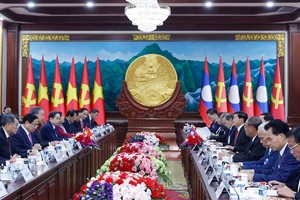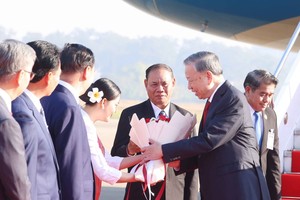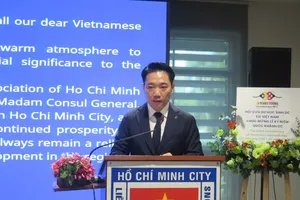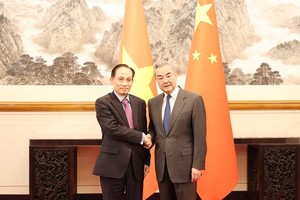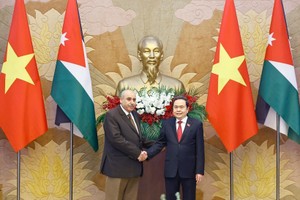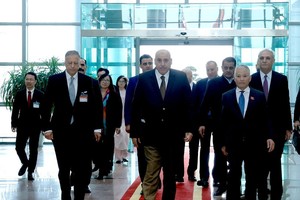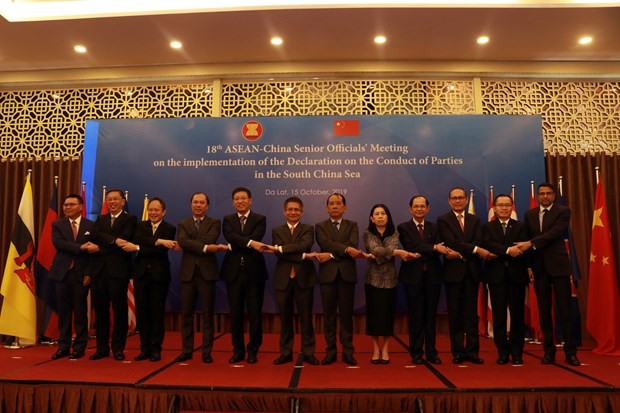
The Vietnamese delegation to the event was led by Deputy Foreign Minister Nguyen Quoc Dung, head of SOM ASEAN-Vietnam.
On October 13-14, the 30th meeting of the ASEAN-China Joint Working Group on the implementation of the DOC was also organised in Lam Dong province.
These meetings spent a lot of time discussing the complicated developments in the East Sea, especially ongoing incidents in Vietnam’s exclusive economic zone.
The countries expressed their concern that the present tensions could increase the risk of conflicts if allowed to last for a long time, thus threatening regional peace, security and stability.
ASEAN member countries stressed the principles of self-restraint, non-militarization, taking no actions that may complicate the situation and increase tensions, not using force or threatening to use force, and peaceful settlement of disputes on the basis of international law and the 1982 United Nations Convention on the Law of the Sea.
The meetings consented to continue with efforts to ensure the full and effective implementation of the DOC, with priority given to trust-building measures and cooperation in handling common challenges such as marine environment protection and humanitarian treatment towards farmers.
Regarding negotiations of a Code of Conduct in the East Sea (COC), the countries applauded the completion of the first round of review of the draft, and agreed on the need to step up efforts to build an effective and result-oriented code that can prevent complicated incidents like those happening at present.
This requires thorough preparations for the next negotiations in a bid to reach concrete and practical results, they said, focusing their discussions on new working methods to be applied in the next talks.
Addressing the meetings, the Vietnamese side shed light on the complex developments in the East Sea, particularly the serious violation of Vietnam’s sovereignty and jurisdiction, and highlighted the country’s stance and viewpoints based on international law and the 1982 UNCLOS.
China’s violations have been adversely affecting regional peace and security, and hindering COC negotiations, a Vietnamese representative said.
Vietnam reiterated its commitment to DOC implementation and COC building, and underlined that it is urgent to build an effective and binding COC that conforms with international law and 1982 UNCLOS in order to prevent similar incidents in the future.
Vietnam also proposed many measures to renew the working style in the next negotiations, such as focusing on dealing with policy issues and enhancing the role of senior officials in instructing and orienting negotiations.
